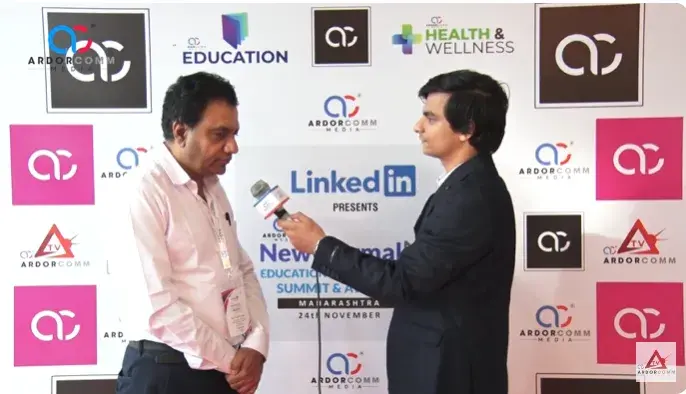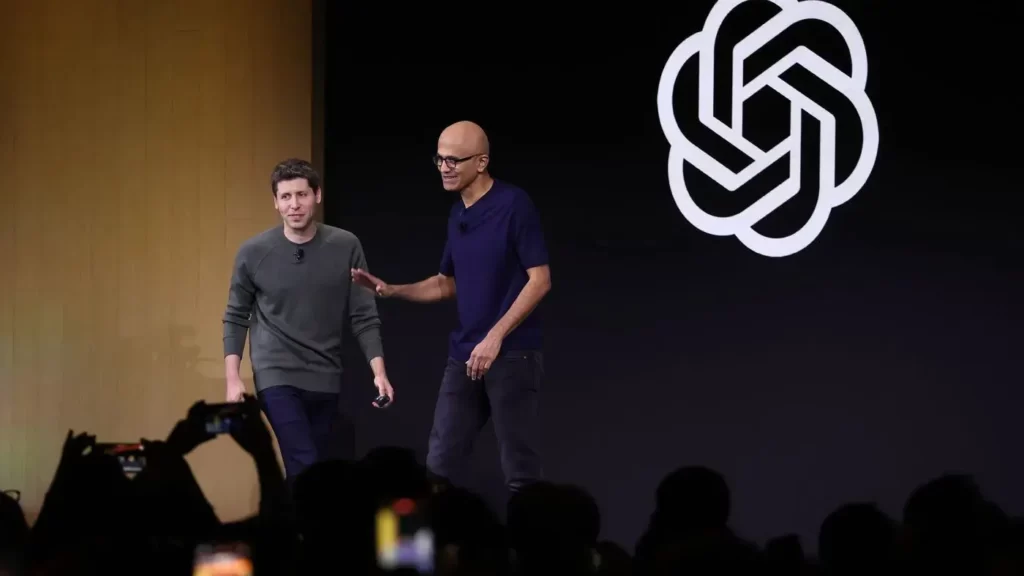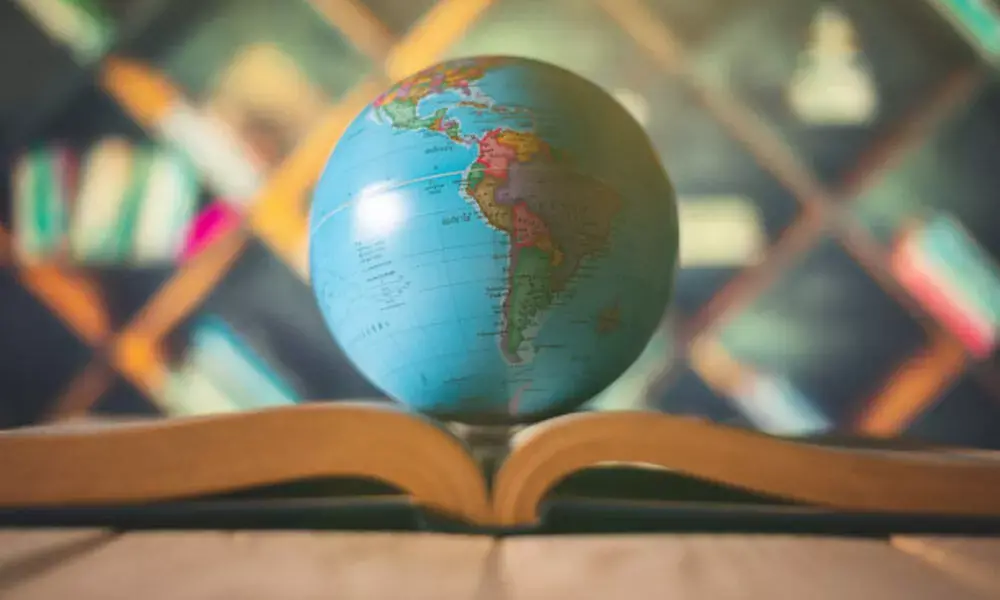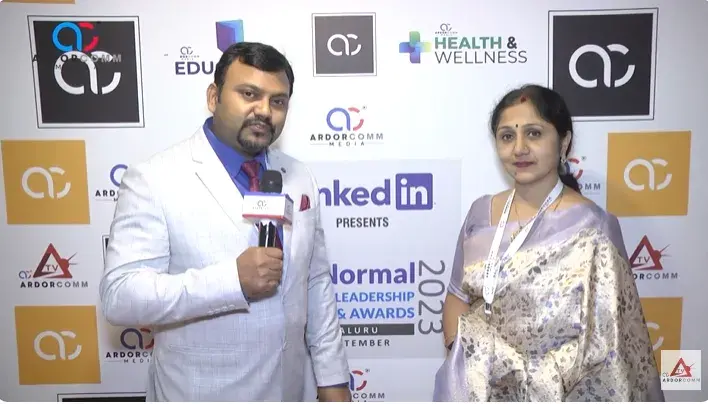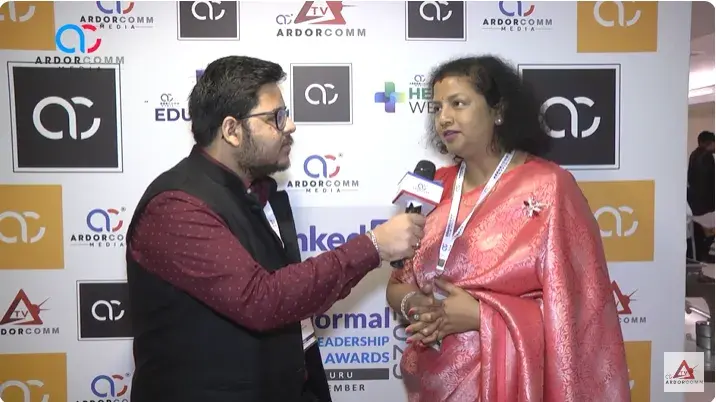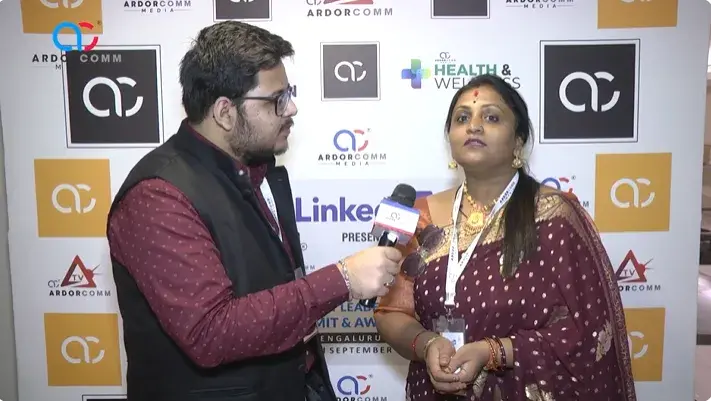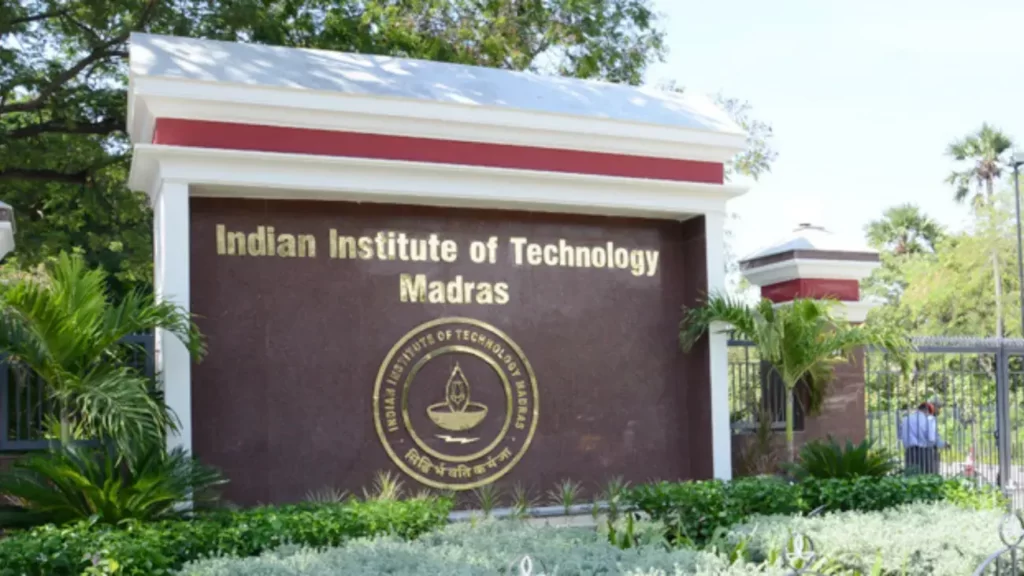Dr. V. V. Ravi Kumar, Deputy Director- Academics, Symbiosis Institute of Business Management, Pune, Expresses his views on correlation of AI and NEP
“The correlation between AI and the New Education Policy is a key focus at Symbiosis Institute of Business Management,” said Dr. V. V. Ravi Kumar, Deputy Director- Academics, Symbiosis Institute of Business Management, Pune in an interview at “ArdorComm New Normal- Education Leadership Summit & Awards 2023” held in Pune, Maharashtra on 24th November 2023. How is Symbiosis Institute of Business Management implementing the New Education Policy? At Symbiosis Institute of Business Management, the implementation of the New Education Policy (NEP) is a progressive endeavour. The first step involves the establishment of the Academic Bank of Credit (ABC), where all students are registered. This innovative approach allows students in business management, for example, to pursue courses outside their core discipline, such as music, with the assurance of receiving credits for their efforts. The institute is actively exploring interdisciplinary avenues to ensure that students do not feel restricted, fostering a more holistic and flexible learning environment. How do you see AI and New Education Policy correlating and making the upcoming workforce market-ready? The correlation between AI and the New Education Policy is a key focus at Symbiosis Institute of Business Management. Through the Academic Bank of Credit (ABC), students can seamlessly integrate AI courses into their MBA curriculum, facilitating the transfer of credits. Regarding workforce readiness, the institute acknowledges that a significant portion of its postgraduate students already comes with industry experience, solving a part of the readiness challenge. However, the emphasis remains on providing these students with a finishing touch and an extra edge, aiming not just for industry readiness but for producing industry leaders. What’s your takeaway from today’s event? A: Today’s event presented a compelling blend of technology companies and education leaders, fostering synergy between these two critical sectors. Engaging in conversations with technology leaders revealed numerous opportunities for education institutions to adopt new approaches and technologies. The event’s innovative format created a space for dialogue that could potentially lead to impactful collaborations and advancements in the field of education. ArdorComm media is celebrating its second anniversary; any message you wish to share? Congratulations to ArdorComm Media on its second anniversary! As evident from your rapid expansion and notable achievements, it’s clear that you are making significant strides. I encourage you to explore additional formats, such as closed round tables, to engage industry and education leaders further. This approach can deepen your impact and contribute to meaningful discussions within the sector. Best wishes for continued success and growth in the years to come.

